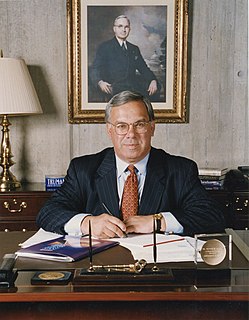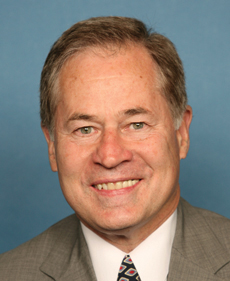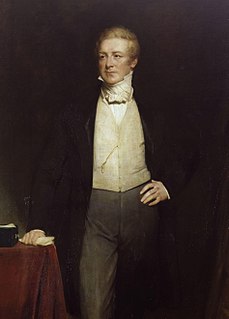A Quote by Ash Sarkar
More draconian forms of policing and punishment are no guarantee of a reduction in violent crime.
Quote Topics
Related Quotes
We need to look at the totality of the things that we're labeling as violent and really examine whether we need to have some more proportionality in terms of the punishment fitting the crime that's done. The bright line that we have right now, between violent and nonviolent, does not account for shades of gray.
Policing has to be done compassionately and consistently. You cannot police differently in Harlem than you're policing downtown. The same laws must apply. The same procedures must be employed. Certain areas at certain times may have more significant crime and require more police presence or more assertiveness, but it has to be balanced.
I have never articulated a specific number, but I think a nation as great as we are, that professes to favor freedom and liberty, that we would find a way to evidence that in our criminal justice system by achieving what we know we can achieve: a reduction in crime, a reduction in taxpayer expense, and a reduction in the prison population.
Chicago is where the whole idea of community policing began. It remains the - the best and the most comprehensive approach we have in changing the everyday conditions that breed crime and violence - and then breed mistrust. We have more work to do. We need better training to live up to the values and the principles of community policing.
Governments have tried to stop crime through punishment throughout the ages, but crime continued in the past punishment remains. Crime can only be stopped through a preventive approach in the schools. You teach the students Transcendental Meditation, and right away they'll begin using their full brain physiology sensible and they will not get sidetracked into wrong things.
The best crime stories are always about the crime and its consequences - you know, 'Crime And Punishment' is the classic. Where you have the crime, and its consequences are the story, but considering the crime and the consequences makes you think about the society in which the crime takes place, if you see what I mean.
We think of justice sometimes as getting what you deserve, you know? - ?what crime was committed and what is the punishment for that crime. That's how a lot of the criminal justice works. But God's justice is restorative, so it's not as interested in those same questions of "What did they do wrong?" and "What is the punishment for that?" It's more about what harm was done and how do we heal that harm, and that's a much more redemptive version. So, it definitely doesn't turn a blind eye to harm, but it does say we want to heal the wounds of that.
































